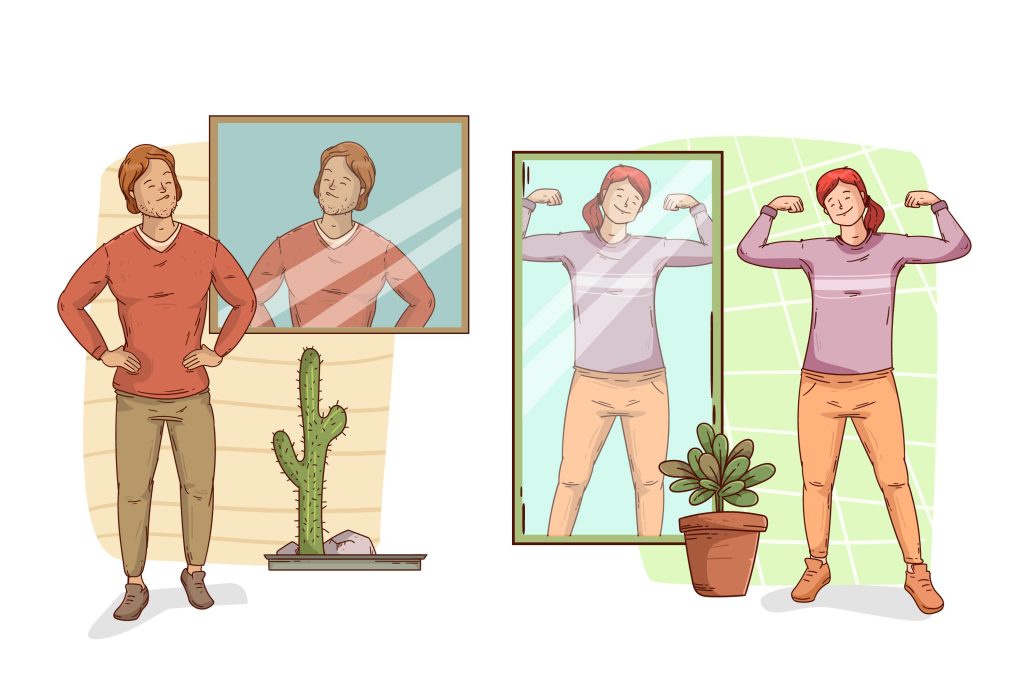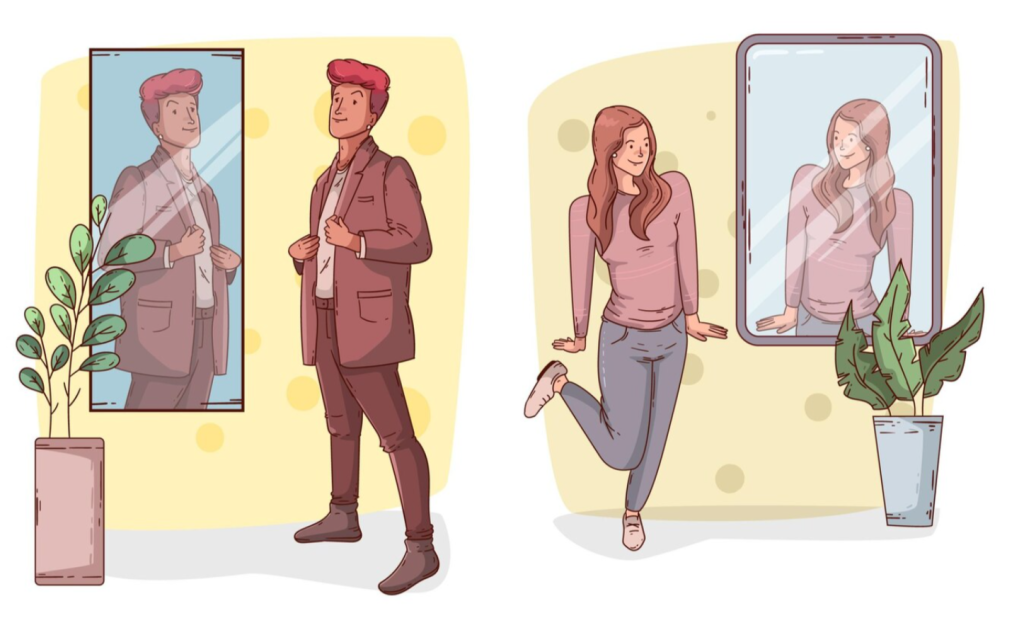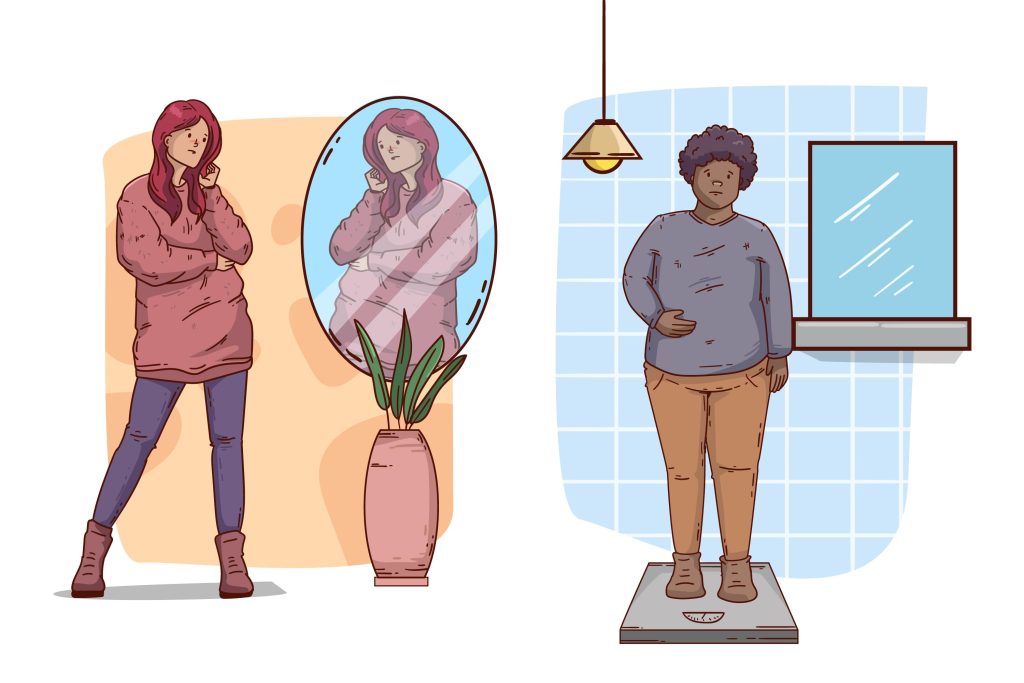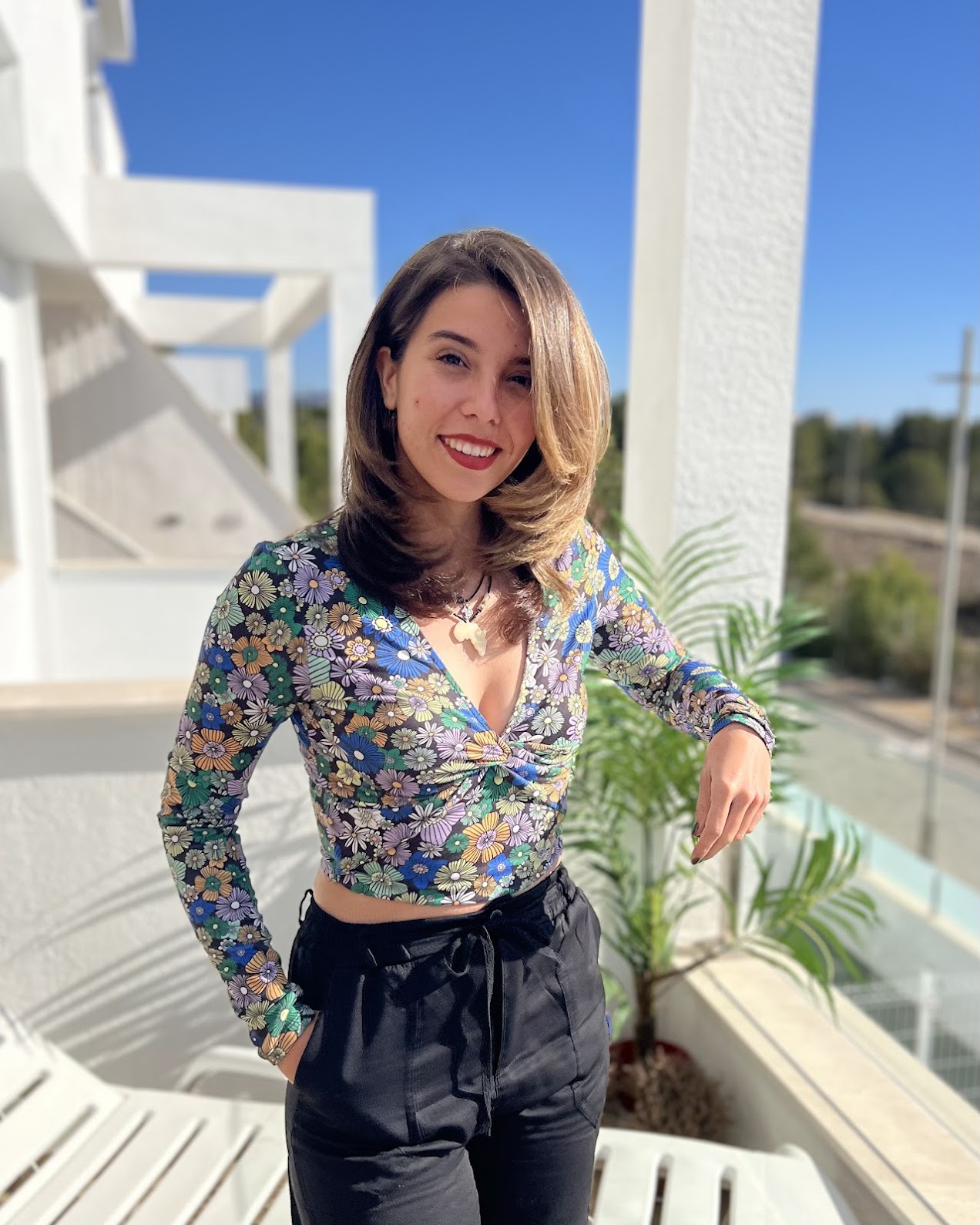Fair, Thin, and Perfect? Let’s Talk Body Image
Often body image is shaped by media, culture, and family.
Social media may show unrealistic, edited versions of beauty.
You can improve how you feel about yourself by educating yourself
Why Do I Feel This Way About My Body?
We have all been there, when trying on a new outfit, looking in the mirror, and feeling disappointed with what we see. Maybe you think your skin is too dark, your stomach is not flat enough, or your nose does not look like that actor’s. In society, you might hear people being praised for being “fair and thin,” or teased for having acne, a moustache, or curly hair.
It hurts and adds up fast.
In today’s world of filters, reels, and celebrity culture, it is easy to feel like you are not good enough. But constantly comparing yourself to others can lead to serious issues. Medical experts agree that negative body image can affect how you see yourself, how you feel emotionally, and even how you behave socially. In some cases, it can lead to body dysmorphic disorder (BDD), eating disorders, or depression.

What Is Body Image?
Body image is how you view your body and how you feel about that view. It is shaped by family, friends, and what you see in the media. During puberty, your body changes in terms of height, weight, acne, hair growth etc, and that is completely normal.
Globally, beauty standards promote slim bodies and fair skin. These messages appear in movies, advertisements, weddings, and even family comments. If you do not match that ideal, it might lead to a lowered self esteem and with it, mental health issues.
Studies show that repeated exposure to these “ideal” images online can harm confidence and lead to body dissatisfaction, even if you know those images are not real.
Social Media and Cinema: Not Real
Instagram filters and editing apps hide what people really look like. Posts by celebrities may seem ‘perfect’, but they are edited. Advertisements for fairness creams like Fair & Lovely, now ‘Glow & Lovely’, wrongly suggest that light skin equals success. These messages are misleading and harmful.
A Guardian article also explained how jokes about dark skin or body shape from family can damage someone’s confidence early on. Bollywood rarely shows diverse body types or darker skin tones, which makes the pressure worse.

What is Body Dysmorphia?
Body Dysmorphia or BDD is when someone cannot stop thinking about a perceived flaw in their appearance.
They might:
- Constantly check or avoid mirrors
- Compare themselves to others
- Feel anxious in public
- Avoid school or social events
BDD can be serious, but help is available. Talking to a trusted adult or counselor is a good first step.
How Can You Feel Better About Your Body?
- Understand Your Feelings: Knowing why you feel this way helps you challenge it.
- Notice Triggers: If a post makes you feel worse, mute it.
- Think Critically: Do not trust everything online.
- Appreciate Function Over Looks: Your body helps you live, so focus on what it does for you.
- Be Kind to Yourself: Use words you would say to a friend.
- Speak Up: You do not need to face this alone.
Final Thoughts
Your body does not need to match anyone else’s to be valuable. It is yours and that makes it unique and beautiful.
Stop chasing “perfect” and start embracing what is real and authentically you.

- https://www.medicalnewstoday.com/articles/249190#positive-body-image
- https://www.theguardian.com/world/commentisfree/2023/oct/17/so-many-indian-women-struggle-with-their-body-image-we-need-to-talk-about-why
- https://www.acu.ac.uk/the-acu-review/the-impossible-demands-of-perfection/
- https://trinitonian.com/2022/04/28/toxic-south-asian-beauty-standards-and-social-media/
- The Body Image Book for Girls: Love Yourself and Grow Up Fearless
- More than a Body: Your Body is an Instrument, Not an Ornament
Author

